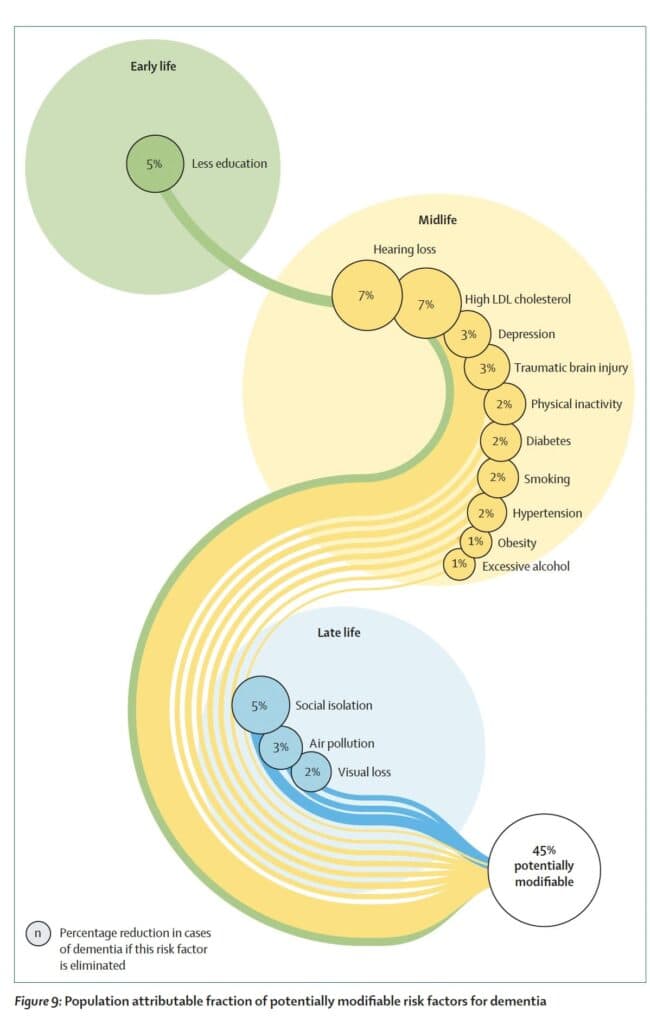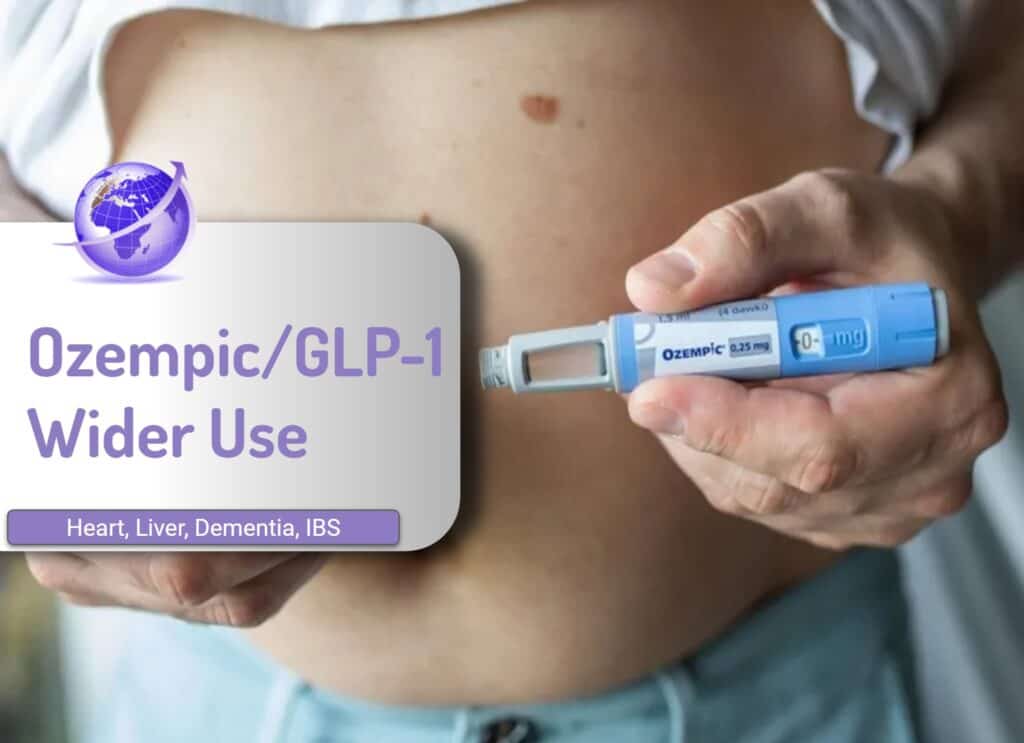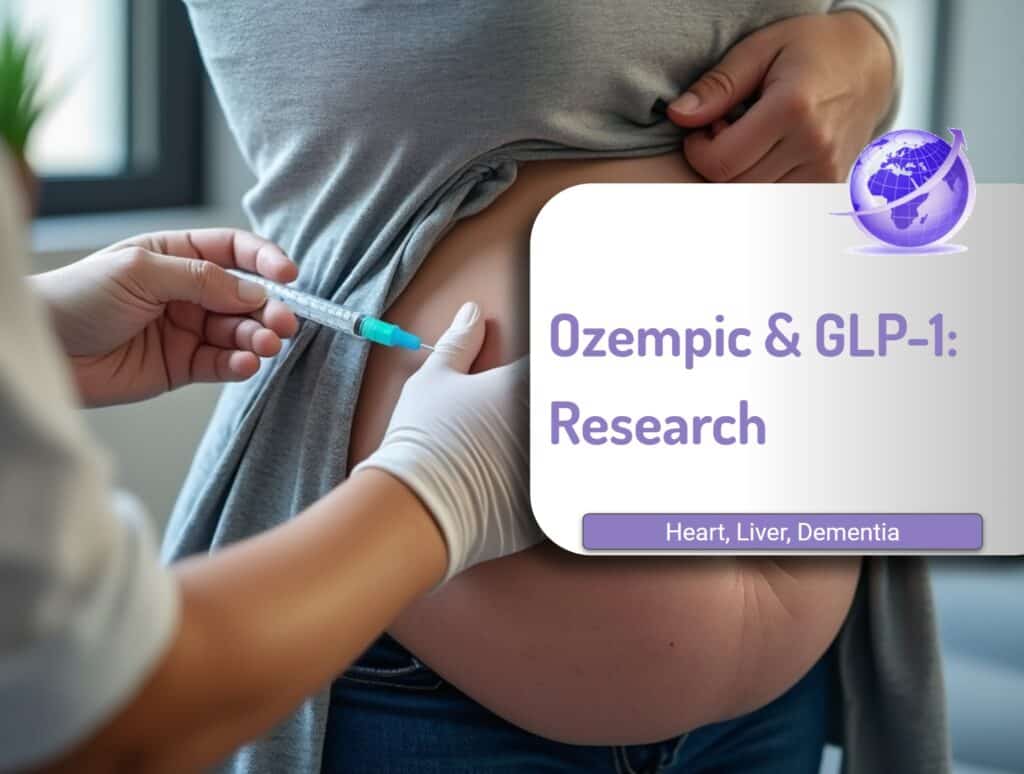There are some encouraging signs for dementia diagnosis and treatment. Most are concerned about dementia. They either know someone with dementia or are concerned that as they age, they may lose their faculties. As well they should be [1] as dementia poses a significant global healthcare challenge, affecting over 55 million people worldwide at an estimated annual cost of $820 billion. Moreover, the number of cases is expected to almost triple over the next 50 years.
However, recent studies have shown AI enables detection [2]more than 5 years out compared with current detection. News of Ai is often bad. Taking jobs, but it will save lives. What can we do today? More exercise and follow those lifestyle changes. Drugs are too expensive for most, but combined with early diagnosis are promising for the future.
What we know about dementia
While Alzheimer’s disease is the most common form of dementia, there are also other common types such as vascular dementia, Lewy body dementia and Frontotemporal dementia. There are also rarer types of dementia that are caused by other diseases and conditions. Some people develop multiple types of dementia; this is known as mixed dementia. It is also possible for a younger person to develop dementia. When a person develops dementia before the age of 65, this is known as young-onset dementia. More than 100 different medical conditions can lead to dementia. [3]
- 58m cases in 2019 globally.
- Expected to triple to 153m cases by 2050.
- 60-80% of dementia is Alzheimer’s disease, with 1 in 20 living with dementia have a rarer type.
- The projected increase is mostly due to more older people as people live longer.
- Any previous decrease in dementia rates is a function of better management of cardiovascular disease.
- More women than men get dementia with a female-to-male ratio of 1·69 which is not explained by women living longer than men by 6 years.
- Risk factors: high body-mass index, high fasting plasma glucose, and smoking
Dementia Diagnosis
Using AI plus cognitive tests and MRI scans could correctly identify 80% of those who developed, and also those who stablilised. Another recent study showed a 90% accuracy of early diagnosis of dementia through blood tests [4], compared with just 61% for general doctors versus 73% with specialist dementia doctors.
Lifestyle Factors
The WHO has these social determinants of health [5]and lists the following as examples of social determinants of health, which can influence health equity in positive and negative ways. The 15 factors are in the diagram
- hearing loss
- Depression
- Smoking
- High blood pressure
- Heavy alcohol consumption
- Obesity
- Levels of low-density lipoprotein (“bad” cholesterol)
- Air pollution
- Brain injury
- Diabetes
- Social isolation
- Physical inactivity
- Lack of education
- Untreated vision loss
S-Curve of 14 Risk Factors
Some 45% of dementia cases could be prevented or delayed by addressing these 14 risk factors identified says the Lancet. [1]

Exercise
While we don’t have any magic bullets, the research is compelling and while we do not know exactly what causes dementia, the simplest we know today is exercise. The probability of dementia is reduced by 30% just by walking. Yet many do not. How to get those to do more physical exercise? The most startling outcome is the ability to shift focus and memory, with more exercise and Prof Wendy Suzuki has numerous publications. [6] Treatment is drugs costing $48,000 pays for a lot of personal fitness trainers!
Drugs
Will there be a pill or old age technologies – maybe, but until they show up and are affordable, move more. Donanemab (Lily’s Kisuna), a monthly injection has just been FDA registered, [7] but at $48,000 pa has a way to go to afford to being able to pop a pill every week. Other monoclonal antibodies such as lecanemab and aducanumab are also on the tip of an iceberg of new products to slow down or reduce tau and amyloid plaques. While they are not silver bullets, they are on a path to develop more novel therapies to target the underlying biology of dementia.
Some natural products, such as seaweed, contain potential anti-aging substances [8], but the cost of conducting clinical research is beyond the recovery of the costs of natural products. It is unlikely to see a range of proven anti-aging, memory-enhancing, and anti-inflammatory natural products.
Conclusion: Dementia Diagnosis and Treatment
Do the lifestyle interventions. Do not leave until you are diagnosed. Earlier diagnosis is getting better and there will be more affordable drugs, but paying $48,000 for diet and exercise will be cheaper than currently approved drugs.
References
[1] E. Nichols et al., ‘Estimation of the global prevalence of dementia in 2019 and forecasted prevalence in 2050: an analysis for the Global Burden of Disease Study 2019’, Lancet Public Health, vol. 7, no. 2, pp. e105–e125, Feb. 2022, doi: 10.1016/S2468-2667(21)00249-8. https://www.thelancet.com/journals/lancet/article/PIIS0140-6736(24)01296-0/abstract
[2] ‘Artificial intelligence outperforms clinical tests at predicting progress of Alzheimer’s disease | University of Cambridge’. Accessed: Jul. 18, 2024. [Online]. Available: https://www.cam.ac.uk/research/news/artificial-intelligence-outperforms-clinical-tests-at-predicting-progress-of-alzheimers-disease
[3] ‘Types of dementia | Alzheimer’s Society’. Accessed: Aug. 02, 2024. [Online]. Available: https://www.alzheimers.org.uk/about-dementia/types-dementia
[4] S. Palmqvist et al., ‘Blood Biomarkers to Detect Alzheimer Disease in Primary Care and Secondary Care’, JAMA, Jul. 2024, doi: 10.1001/jama.2024.13855.
[5] ‘Social determinants of health – Australian Institute of Health and Welfare’. Accessed: Aug. 02, 2024. [Online]. Available: https://www.aihw.gov.au/reports/australias-health/social-determinants-of-health
[6] ‘Exercise Research’, Wendy Suzuki. Accessed: May 28, 2024. [Online]. Available: https://www.wendysuzuki.com/exercise-research
[7] ‘Alzheimer’s: FDA approves Eli Lilly drug donanemab for amyloid plaques’. Accessed: Jul. 30, 2024. [Online]. Available: https://www.medicalnewstoday.com/articles/fda-approves-alzheimers-drug-donanemab
[8] L. Cao, S. G. Lee, K. T. Lim, and H.-R. Kim, ‘Potential Anti-Aging Substances Derived from Seaweeds’, Mar. Drugs, vol. 18, no. 11, p. 564, Nov. 2020, doi: 10.3390/md18110564.









